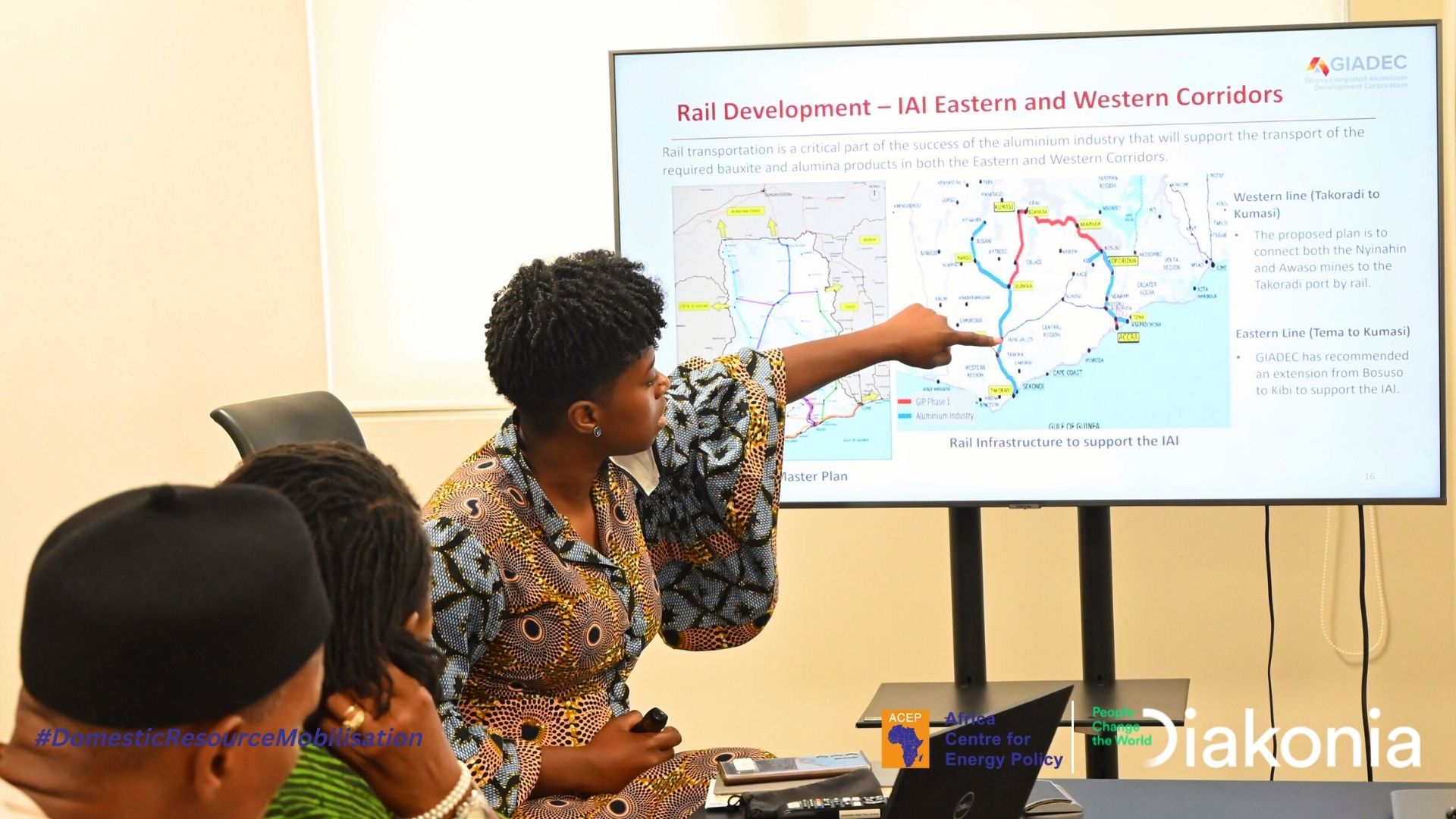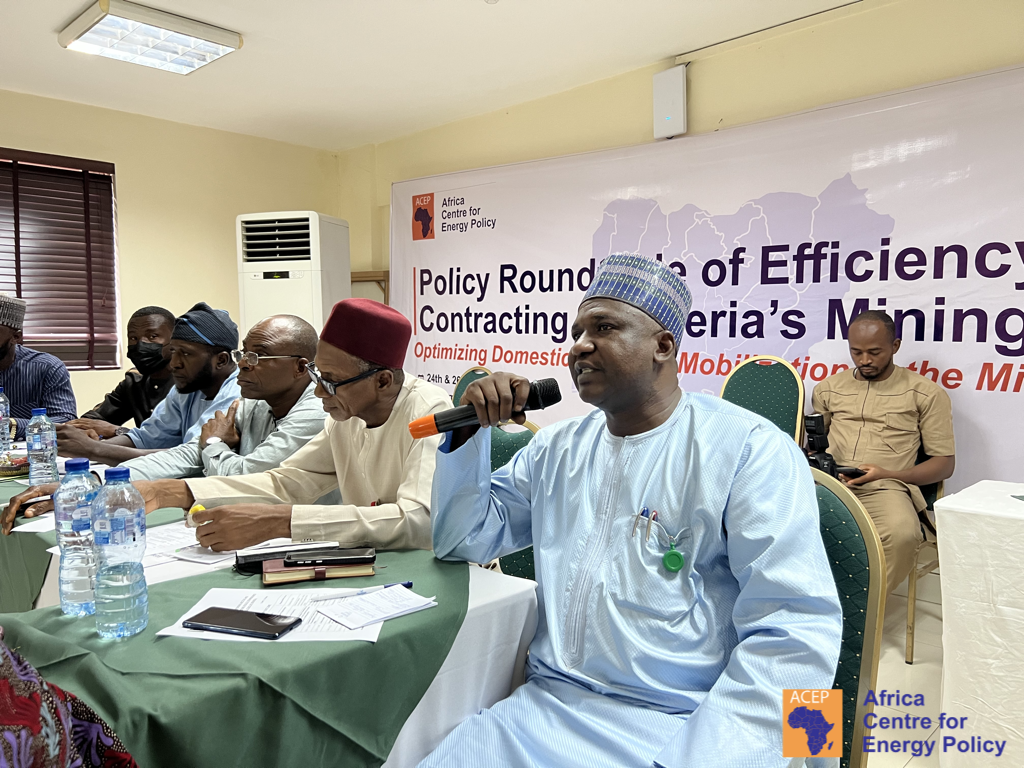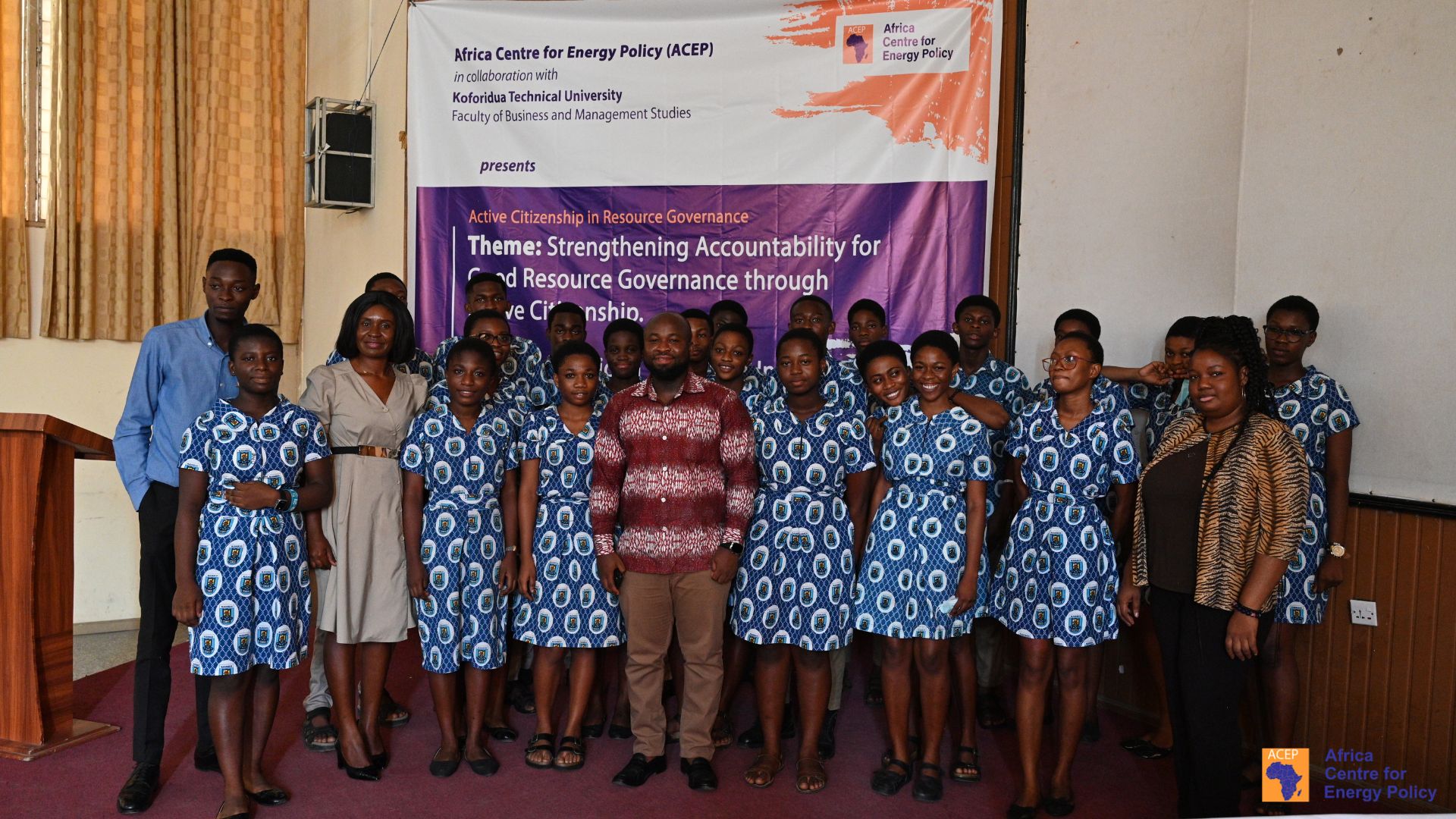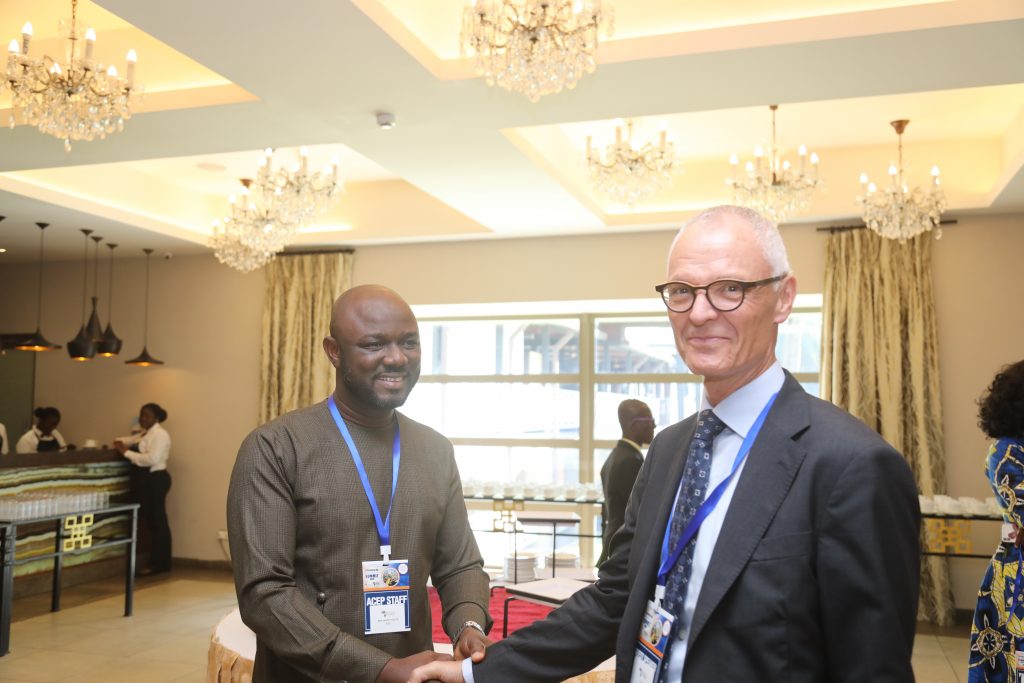Our Thematics Areas
Contract Governance
ACEP’s contract governance work seeks to balance the interests of investors, governments and citizens in Africa’s extractive and energy sectors. ACEP seeks to strengthen transparency and accountability in contracting in Africa’s petroleum, power and mining sectors, to attract the right investments to optimize fiscal and non-fiscal benefits to African economies and to minimize negative impacts on the ecosystem. The Centre's work in the power sector seeks to absolve governments of contract risks and improve the efficiency of the sector through a truly liberalised market approach.
To this end, ACEP has been implementing the following interventions:
1. Monitoring Upstream Petroleum Agreements (PAs)
ACEP has been monitoring the performance of upstream Petroleum Agreements (PAs) entered into by Ghana with International Oil Companies (IOCs). the purpose of this intervention is to achieve a contracting regime that ensures that an open and competitive bidding process is used to award oil blocks to companies that have the requisite capacity to deliver the contractual obligations i.e. Exploration, Development and Production of oil. It also seeks to achieve a contracting regime that does not promote corruption and rent seeking but ensure efficient and sustainable exploitation of the petroleum resources.
2. Mining Sector Contracts Advocacy
ACEP has been conducting analysis of mining Agreements with the aim of ensuring that the state and communities derive maximum benefits from the exploitation of minerals. The focus of this intervention is to protect community rights and ensure that revenues from the Mining sector are used appropriately to mitigate the negative impacts of mining operations and improve livelihoods of communities affected by mining, especially the vulnerable and marginalized in society, including women, children and Persons With Disability (PWDs).
ACEP thus engages with sector Institutions such as the Ministry of Lands and Natural Resources and the Minerals Commission, as well as other corporate institutions, including the Chamber of Mines and the Precious Minerals Marketing Company (PMMC), to ensure that win-win contracts are negotiated on behalf of the state and communities.
3. Power Sector Governance
ACEP has been leading the fort in ensuring that there is transparency and accountability in Ghana’s power sector. Under this program, the Centre has been conducting an analysis of all power sector contracts and Agreements.
ACEP has been key in Ghana’s energy sector transformation and very vocal on advocacy for issues that affect the efficiency of the sector. The Centre’s advocacy in Ghana’s participation in the Millennium Challenge Compact II program has been instrumental in influencing the decisions of governments and in ensuring transparency.
It has also been working in collaboration with the relevant institutions and stakeholders, to address the governance challenges which led to mounting energy sector debts and general issues within the energy sector.










